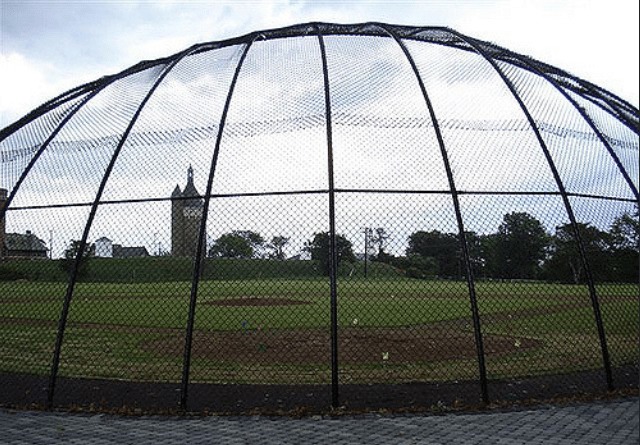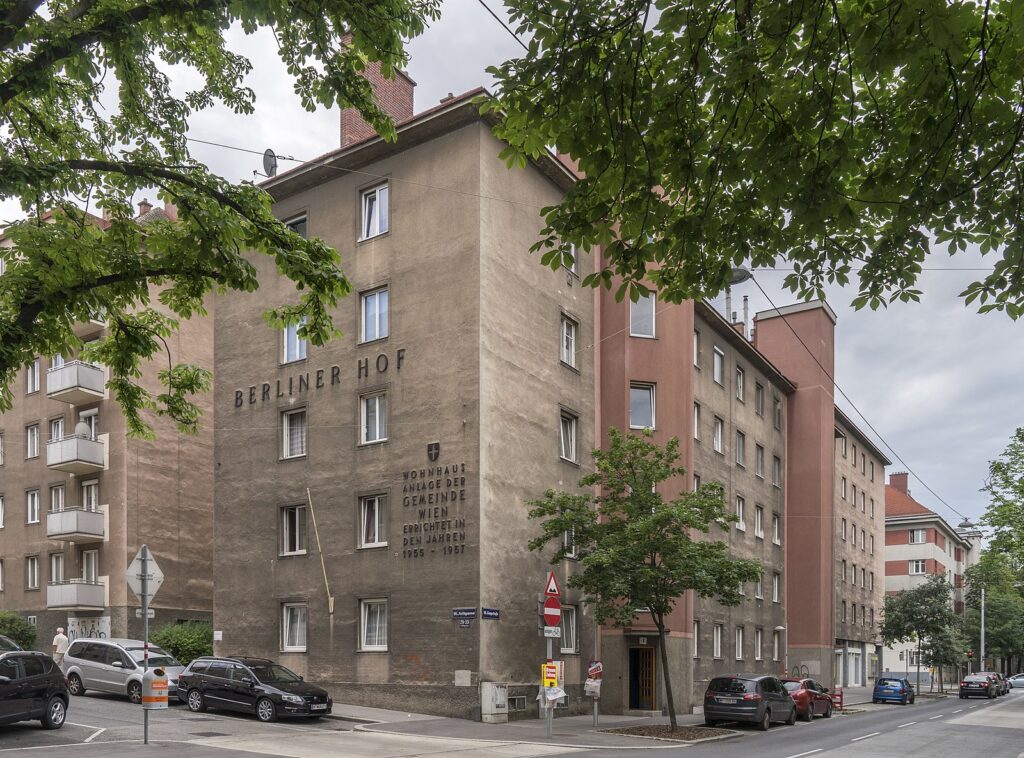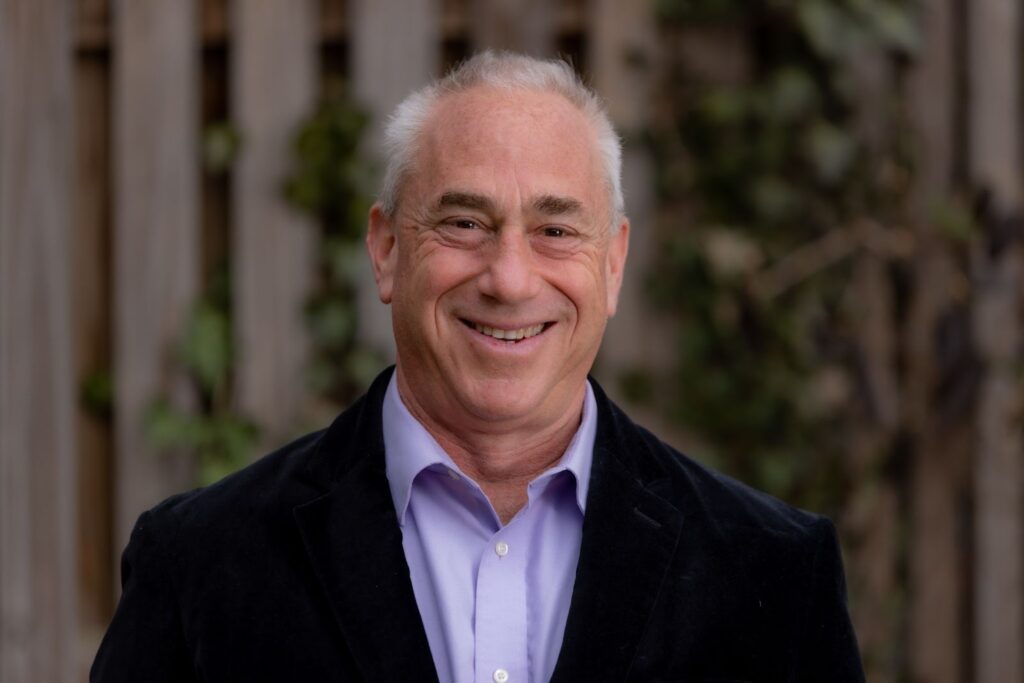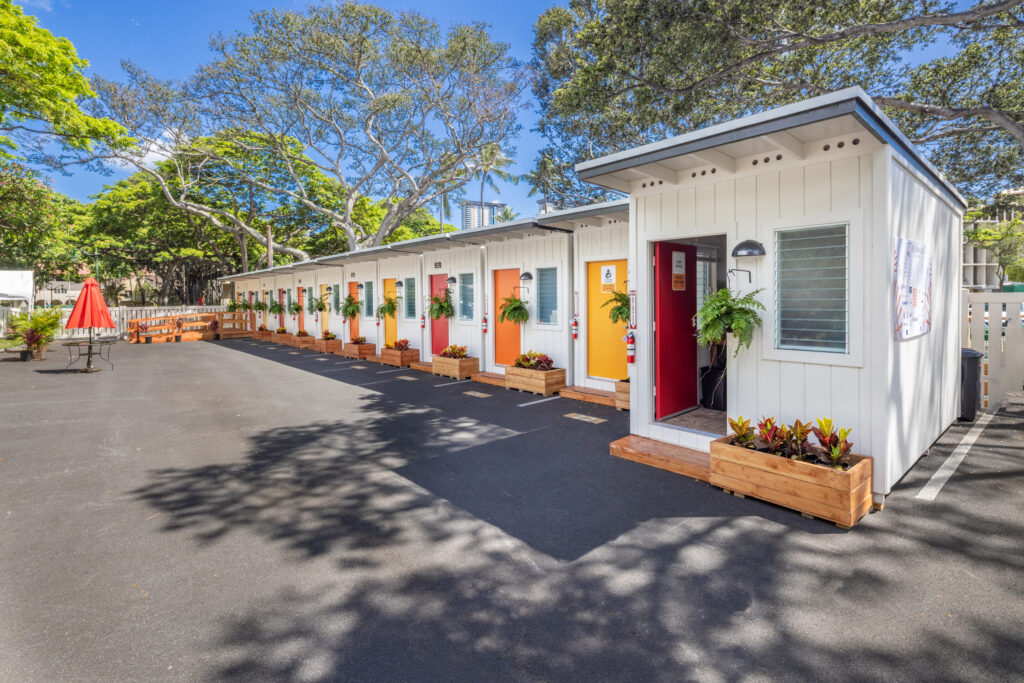Bobbie Jane Willis is the first to admit her neighborhood, Barry Farm Dwellings in Anacostia, needs some help. Her own four-bedroom place could use a new front door, back door, and bathroom
It would also be great, she said, if neighborhood boys had something better to do than hang around and thrash in her front yard.
Michelle Hamilton wants improvements too. She dreams of a family-friendly Barry Farm, free of drug and alcohol abuse. She wants better schools for the community and jobs, too.
“Make some development for our children and more programs so they can be our leaders and come back and help us old people,” she said.
Barry Farm is slated for redevelopment. The District government’s New Communities Initiative (NCI), is coming their way.
But the two women fear that they, their families and their neighbors will not be around to enjoy the new and improved community.
The NCI project, spearheaded by the Office of the Deputy Mayor for Planning and Economic Development (DMPED), will bulldoze 654 low-income units in Barry Farm and Park Chester and replace them with “mixed-income community of mid-rise apartments and low-rise family housing in [Barry Farm/Park Chester/Wade Road], which includes 373 replacement units together with new affordable and market-rate units for a total of 1,110 units.”
The deputy mayor’s office has promised that the current residents will be able to return to the neighborhood once the development is finished. In the meantime, they are being given the option of moving to other public housing in the area like Matthews Memorial Terrace and Sheridan Station near Anacostia Metro Station.
The residents continue to worry.
Besides the fact that the number of the low-income units replaced (654) and the replacement units (373) would not add up, the tenants suspect the prices will go up. There are other concerns, too.
Wills said she needs at least a four-bedroom unit for her daughter Javis, 21; Javis’s daughter, Azara, 4; and her son, Craig, 24.
“I heard they would provide only one- or two- bedrooms,” she said. She doesn’t know where to go if the new place does not have at least three-bedroom unit.
“What am I supposed to do?” Wills wonders. She worries about her son who is disabled. If she moves to a two-bedroom unit with only her daughter and granddaughter, where will her son go?
Wills has been moved by redevelopment before.
While she grew up on U Street in Northwest, Wills, 64, has been living on Stevens Road in Barry Farm Dwellings since September 1999. She moved there, with her mother, now deceased and her five children, from Valley Green public housing in Washington Highlands. Her old project was redeveloped as Wheeler Creek Apartments.
Wills neighbor, Hamilton, 46, has also been uprooted by redevelopment and she suspects this time will not be any different.
“The new development is to move us out,” she said. She figures the redevelopment aims to make room for people who will work at Department of Homeland Security headquarters nearby, an ongoing federal construction project, but not for them.
When she moved to Barry Farm 12 years ago, Wills said all her neighbors had also come from public housing projects that were being replaced by new projects like Valley Green and Simple City, now Benning Terrace, in Southeast D.C.
“Them people couldn’t afford to go back to those places. They did not even call all those people when the development came up. So I don’t believe that you can come back here, especially if you are back on your rent, especially if you have a felony while you was gone,” Hamilton said.
District law guarantees tenants of public housing the chance to return to their old neighborhood following redevelopment. But to qualify they must pass a credit check and everyone in the household must have a record free of serious crime, in a policy colloquially known as “One Strike, You’re Out.”
NCI is part of a larger plan to develop Anacostia, considered the heart of Ward 8, which claims the city’s highest poverty rate (35 percent) as well as the highest rate of residents without high school diplomas (21 percent).
Ward 8 also recorded the lowest average annual income in the city from 2005 to 2009 with $44,076 dollars per year. In comparison, Ward 3 recorded the highest with an average of $257,386 dollars during the same period, according to neighborhoodinfodc.org.
The problems in Anacostia have long troubled city officials and they see the new development as a way of addressing the entrenched generational poverty that has long plagued the community.
The new construction was scheduled to begin in the spring or summer of 2010, according to the website of the Office for the Deputy Mayor for Planning and Economic Development. By this year, the city might have been ready to deliver some of the units to residents.
But the project is moving slowly.
Together with the District of Columbia Housing Authority, the DMPED will be “seeking a master planning and development team to update the existing plan, which means there may be some changes,” said DMPED spokesman Jose Sousa.
“The proposed phasing may be revisited, so there is no definitive timetable to when work on the site will commence,” he said.
Such projects take time. The process for a planning to undergo “solicitation/review/award” and “negotiation/legislation/disposition” can typically take anywhere from 12 to 24 months, he added.
In the meantime, Wills and her neighbors wait for updates and live with uncertainty.
“Sometimes I feel involved sometimes I don’t, when I don’t it would be stressful, insecure, painful. I live from day to day,” she said. “Uncomfortable.”
Some advocates for the poor say the problem should be tackled with more input from the current residents of Barry Farm.
NCI meetings, usually held the last Thursday of the month, are attended sometimes by 15 people, other times only by five, said lawyer Aaron O’Neal
“If you go to meetings there is a stark difference of what the city wants and the residents want. But there is no organization among the residents,” added O’Neal, who is also an activist from a grassroots pan-African organization called the African International People’s Democratic Uhuru Movement.
Established in 1991 in Chicago by the African People’s Socialist Party, the organization sees its mission as working to promote self-determination among African people around the world, including in the United States. What members of the organization say they see in Barry Farm Dwellings is powerlessness in the face of gentrification plans for the neighborhood. More than a year ago, InPDUM opened a community house known as Uhuru House on Stevens Road, “to bring black people back to political life, that they can decide what their community look like,” O’Neal explained.
The house offers Saturday art and cultural classes for the children from Barry Farm, as well as programs for adults on topics such as community gardening with a larger goal of nurturing civic engagement among residents.
Ayesha Fleary, chair of the African People’s Socialist Party, said that about 15 activists of the organizations affiliated with the party have volunteered every weekend in the community, “trying to organize community forums, going around to different houses, putting in the community to see what people thought about the redevelopment.” What they have confronted so far is a feeling of fatalism from many of the residents of Barry Farms, Fleary said. “There are some people who say, ‘I don’t want to move. I’ve been living here for 40 years or 20 years. I like having a backyard. I love having a front yard. I don’t want to move, but I know it’s not an option.’ This is the powerlessness over here.”
Fleary and her fellow activists continue to hope that Barry Farm residents will find their voices and help shape the project, and be assured a place in the new community that will rise in its place, to see that “the community can follow up and get a real contract laid out as to what that looks like,“ said Fleary.
“Maybe the criminal record can be taken off; maybe some other factors can be taken off, overall having some control over the right to live.”








